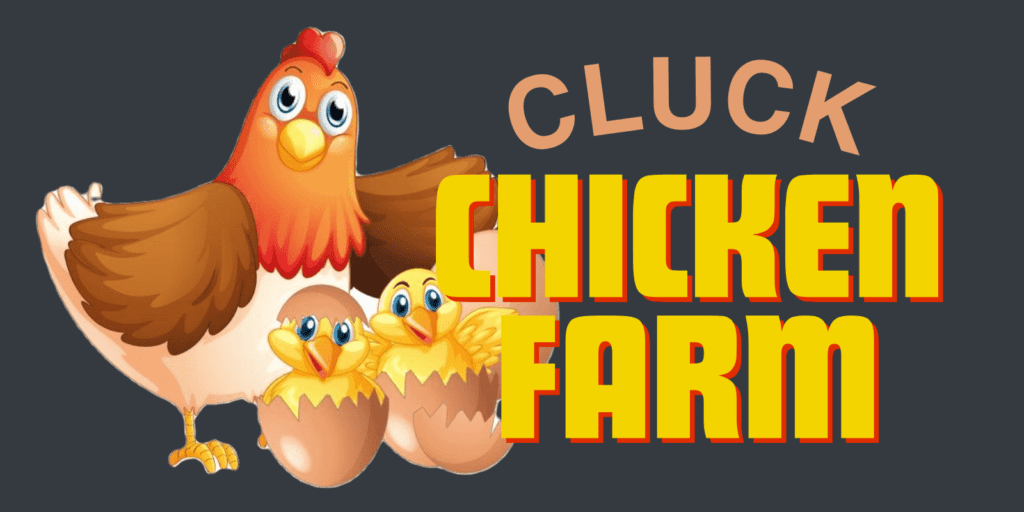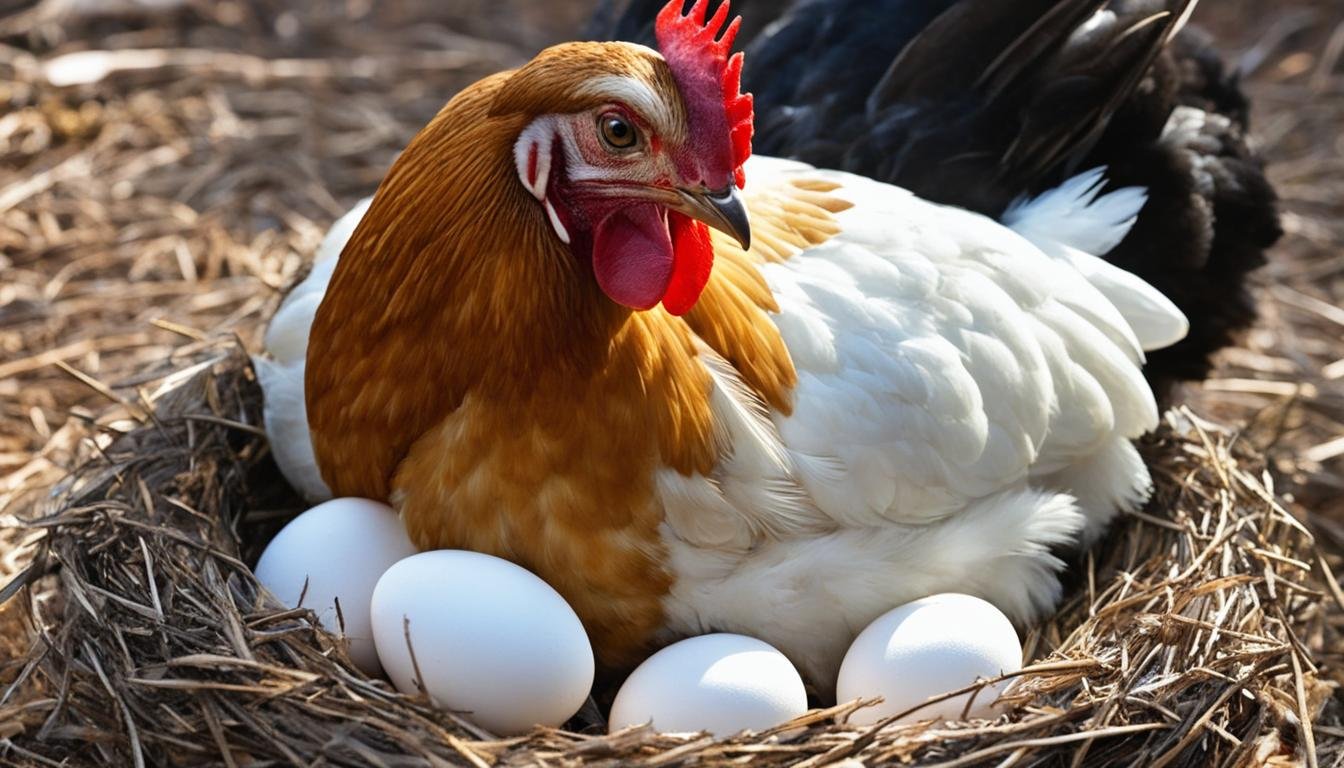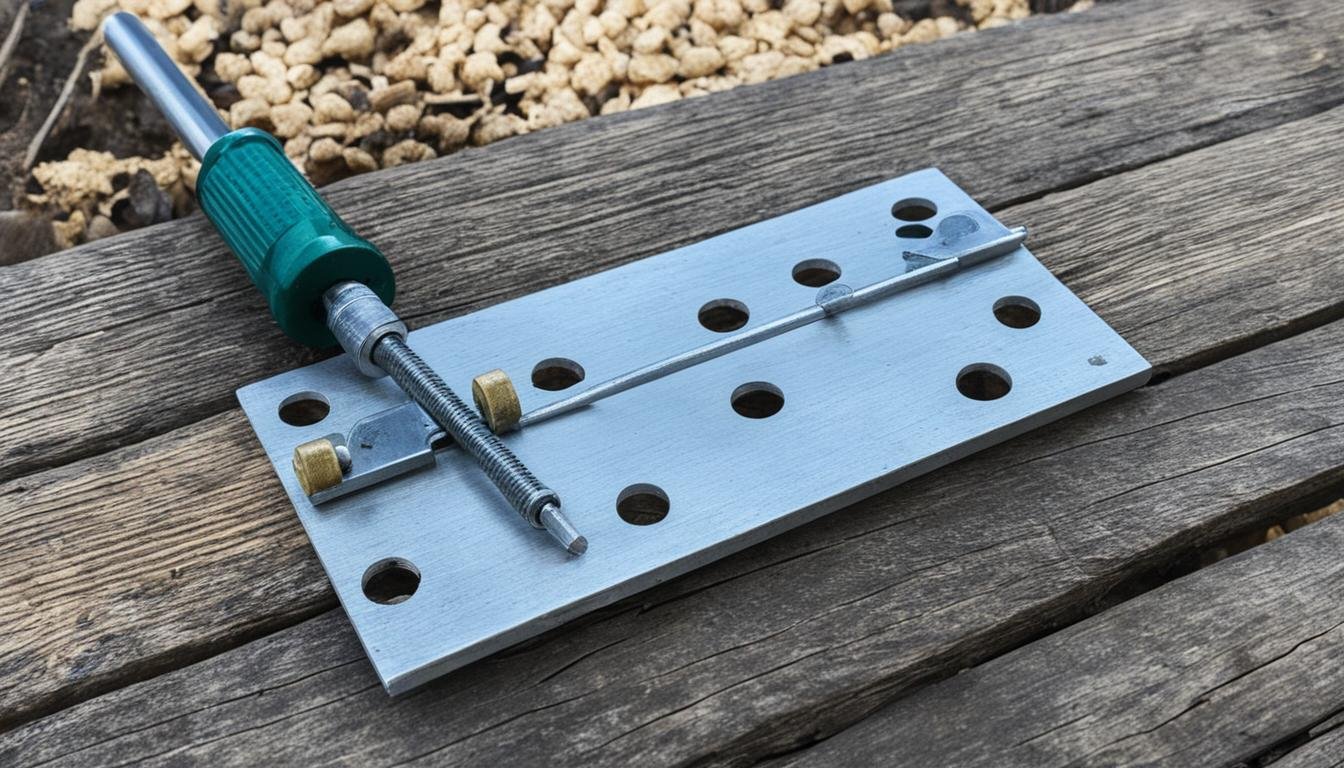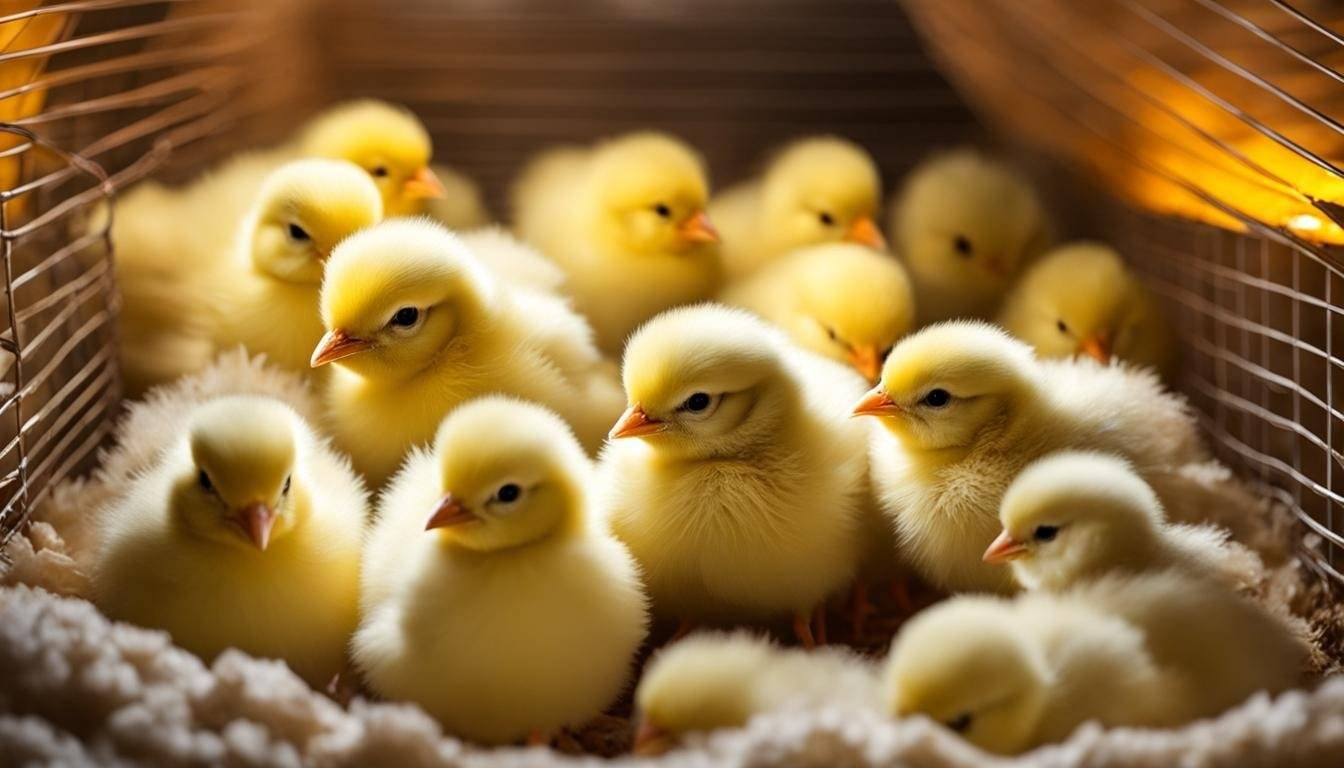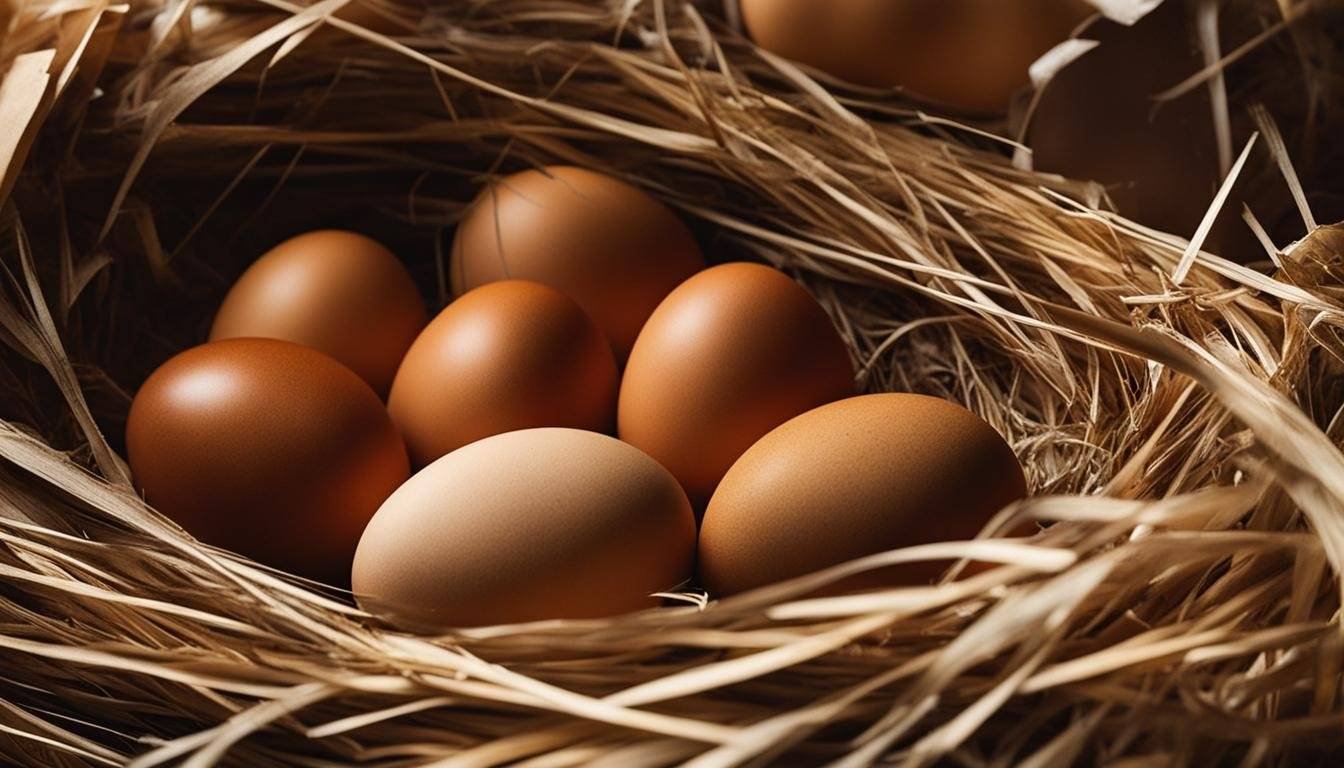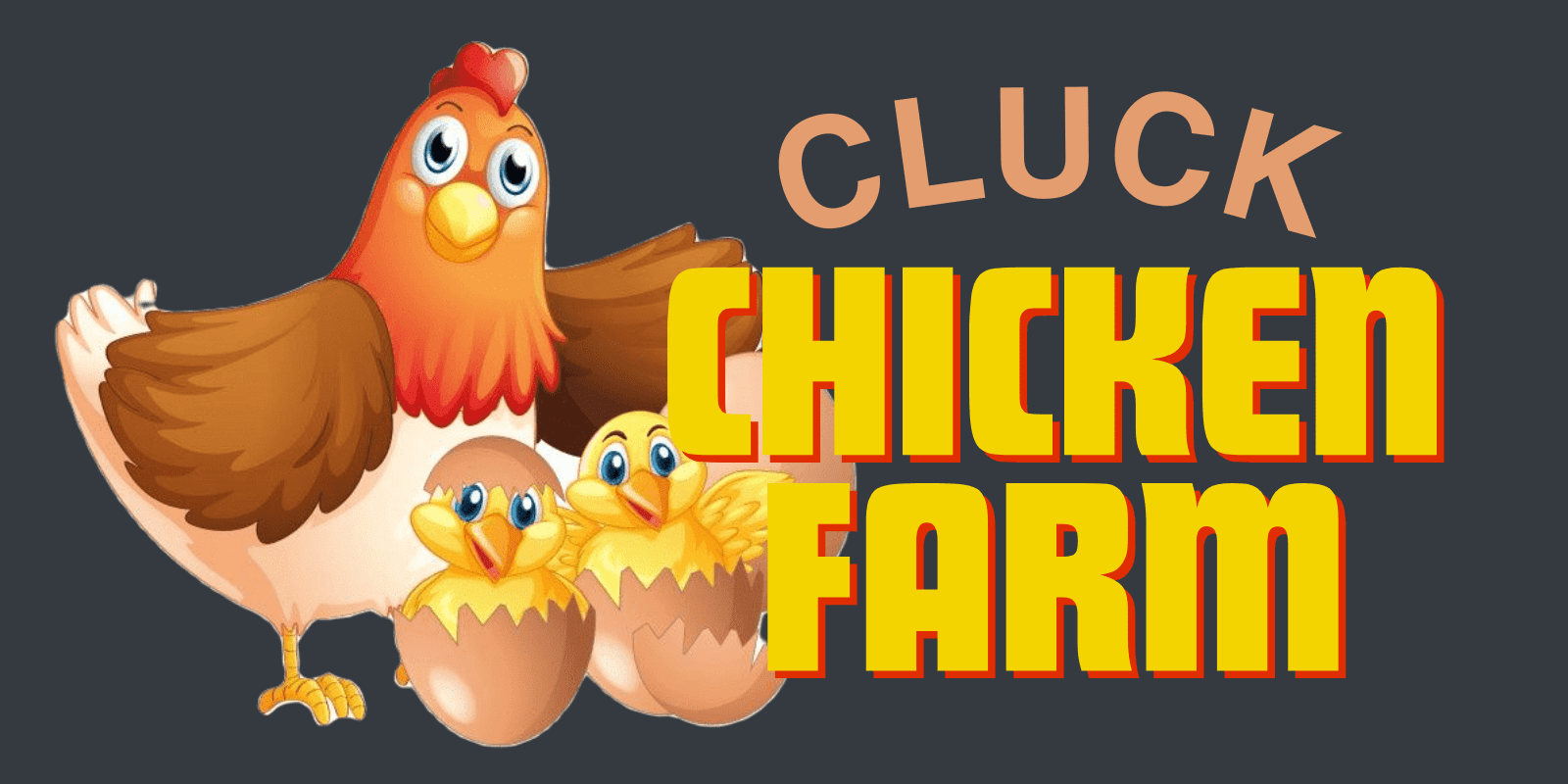Welcome to our quick guide on assisting your egg-bound chicken. Egg binding is a common issue that can occur in chickens of all breeds and ages. It happens when an egg gets stuck in the hen’s reproductive system and cannot pass through. This condition can be life-threatening if not treated promptly.
Some common symptoms of an egg-bound chicken include lethargy, loss of appetite, straining, distress, and a swollen vent. Age, poor nutrition, stress, and lack of exercise can contribute to egg binding in chickens.
But don’t worry, we are here to help. In this guide, we will discuss how to recognize the signs of egg binding, the causes behind it, effective treatment options, and preventive measures to keep your flock healthy.
Stay tuned as we explore each topic in detail and provide you with valuable insights and expert advice. Whether you’re a seasoned chicken owner or new to the world of backyard poultry, this guide will equip you with the knowledge you need to assist your egg-bound chickens and promote their well-being.
Recognizing the Signs of Egg Binding
It’s important for chicken owners to be able to recognize the symptoms of an egg-bound chicken. Some signs to watch for include:
- Lethargy: A decrease in activity levels and energy.
- Loss of Appetite: Reduced or complete lack of interest in food.
- Straining: Visible effort, discomfort, or difficulty when attempting to lay an egg.
- Distress: Unusual vocalizations, restlessness, or signs of pain.
- Swollen Vent: The area around the cloacal opening appears inflamed or enlarged.
Not all egg-bound chickens will exhibit all of these symptoms, but if you suspect that your chicken may be egg-bound, it’s important to act quickly. By monitoring your chickens’ behavior and health regularly, you can identify any potential issues early on and take steps to prevent more serious problems from occurring.
Causes of Egg Binding in Chickens
Egg binding can occur in chickens due to various factors, leading to an egg getting stuck in the hen’s reproductive system. Understanding the causes of egg binding is essential for preventing this condition and ensuring the health and well-being of your flock.
One common cause of egg binding is when the egg is too large for the chicken to pass. This can happen in chickens that are young or inexperienced layers, as well as in breeds that are prone to laying large-sized eggs.
Muscle weakness in the hen’s reproductive tract can also contribute to egg binding. The muscles responsible for pushing the egg through the oviduct may not contract properly, preventing the egg from being expelled.
Obstructions in the oviduct, such as the presence of abnormal tissue growth or tumors, can also cause egg binding. These blockages prevent the egg from moving through the reproductive system, leading to egg binding in chickens.
Other factors that can contribute to egg binding include:
- Poor nutrition: Chickens that do not receive a balanced diet may lack the necessary nutrients to produce strong and healthy eggs.
- Stress: Environmental stressors, such as overcrowding or sudden changes in the flock’s surroundings, can disrupt the chicken’s reproductive system and lead to egg binding.
- Lack of exercise: Chickens that do not have enough space or opportunities to move and exercise may have weaker muscle tone in their reproductive tracts, increasing the likelihood of egg binding.
- Nest box issues: Inadequate or poorly designed nest boxes can make it difficult for the hen to lay her eggs comfortably and increase the risk of egg binding.
- Vent prolapse: When the tissues around the vent become weakened or damaged, they can protrude, making it difficult for the hen to lay eggs and causing egg binding.
- Internal parasites: Worm infestations or other internal parasites can affect the overall health and reproductive function of chickens, potentially leading to egg binding.
- Genetic factors: Some chicken breeds may be more prone to egg binding due to genetic predispositions, such as abnormalities in the reproductive tract.
By addressing these causes and taking preventative measures, such as providing a balanced diet, adequate hydration, exercise and space, regular check-ups, and reducing stress, you can help reduce the risk of egg binding in your chickens and promote their overall reproductive health.
Treating an Egg Bound Chicken
If you suspect that your chicken is egg-bound, it’s important to act quickly to provide her with appropriate care. Treatment options include:
1. Warm baths
Soaking the chicken in warm water for about 15-20 minutes can help relax the muscles and encourage the egg to pass. This remedy has been found effective in many cases of egg binding in chickens.
2. Lubrication
Applying vegetable oil or petroleum jelly around the vent area can help ease the passage of the egg, making it easier for the chicken to lay the egg naturally.
3. Abdominal massage
Gently massaging the chicken’s abdomen can stimulate the muscles and encourage the egg to pass through the reproductive system. Use soft and circular motions to massage the abdomen.
If the symptoms persist or worsen, it is advisable to seek veterinary care. A veterinarian can provide appropriate medications and perform a physical exam to determine the best course of treatment for your egg-bound chicken.
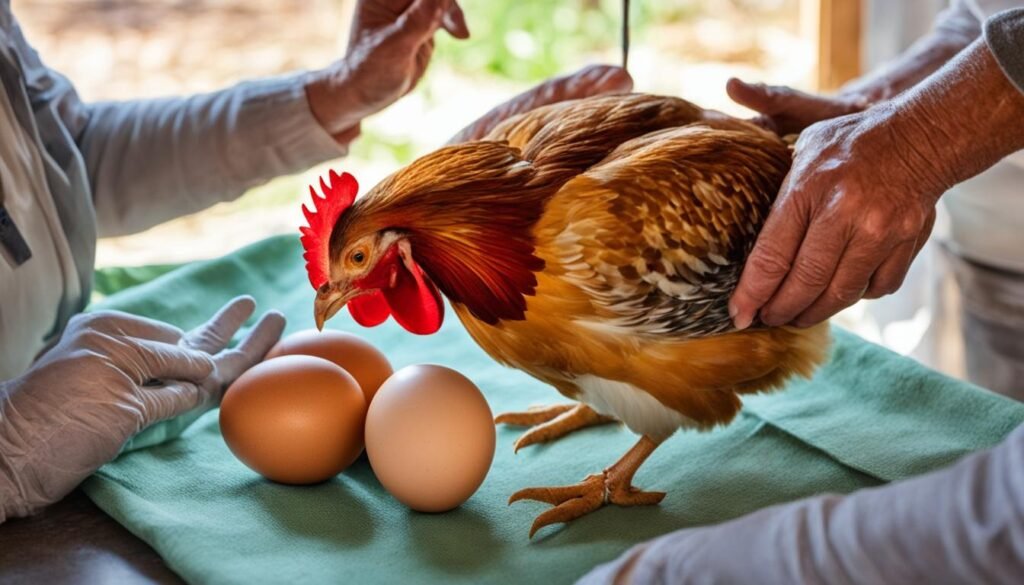
Remember, early intervention and proper treatment are key to resolving egg binding in chickens and ensuring the well-being of your feathered friend.
Preventing Egg Binding in Chickens
Preventing egg binding in chickens is crucial to maintaining the health and well-being of your flock. By taking proactive measures and providing proper care, you can reduce the risk of your chickens developing this condition. Here are some steps you can take to prevent egg binding in chickens:
1. Provide a Balanced and Nutritious Diet
A well-balanced diet is essential for your chickens’ overall health and reproductive system. Ensure that their feed contains the necessary nutrients, including calcium. Calcium deficiency can contribute to egg binding, so consider offering additional calcium supplements such as crushed oyster shells or calcium-rich foods like leafy greens and dairy products.
2. Ensure Adequate Hydration
Dehydration can increase the risk of egg binding. Make sure your chickens have access to clean and fresh water at all times. Check water sources regularly to ensure they are clean and functioning properly. During hot weather or if your chickens appear dehydrated, provide electrolyte supplements to maintain proper hydration.
3. Provide Exercise and Space
Regular exercise and adequate space are important for your chickens’ overall health and muscle tone. Allow them to free-range or provide a spacious and well-ventilated coop where they can move around comfortably. Encourage them to explore and engage in natural behaviors by providing stimulating features like perches, dust baths, and toys.
4. Regular Check-Ups
Schedule regular check-ups with a veterinarian who specializes in poultry to ensure the health of your flock. Regular examinations can help identify any potential issues early on and allow for prompt intervention if necessary. Consider discussing your chickens’ reproductive health during these appointments.
5. Reduce Stress
Stress can weaken a chicken’s immune system and increase the likelihood of egg binding. Minimize stressors in their environment by avoiding sudden changes, providing a calm and secure living space, and avoiding overcrowding. Keep noise, predators, and other potential stressors to a minimum.
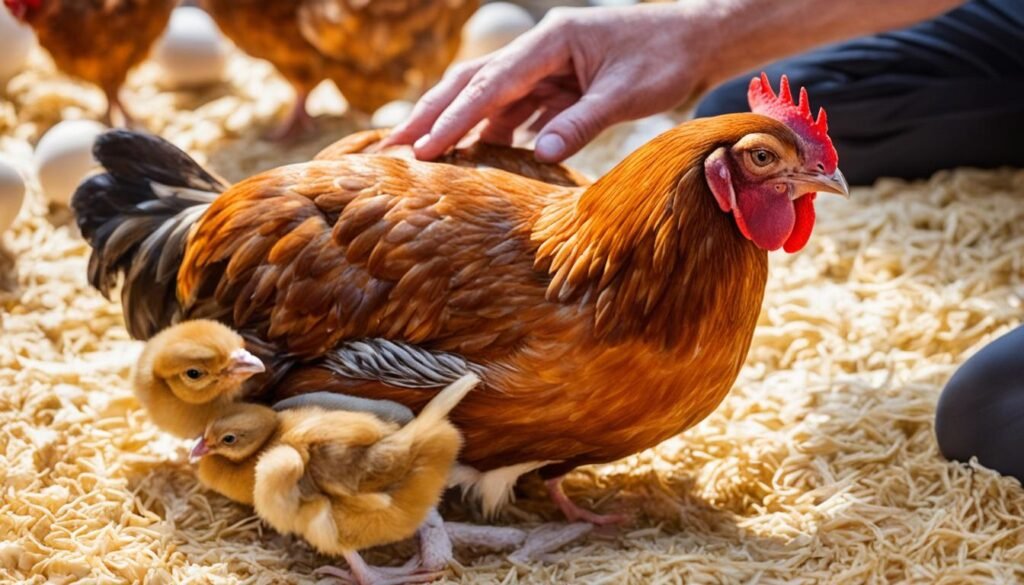
Common Causes of Egg Binding in Chickens
| Cause | Description |
|---|---|
| Large Eggs | Eggs that are too large for the hen’s reproductive tract can become lodged and cause egg binding. |
| Muscle Weakness | Weakened muscles in the hen’s reproductive tract can make it difficult for eggs to pass through. |
| Obstruction | An obstruction in the oviduct can prevent eggs from moving through the reproductive system. |
| Poor Nutrition | Inadequate calcium or other nutrients in the diet can contribute to egg binding. |
| Stress | High-stress levels can disrupt the hen’s reproductive system and increase the risk of egg binding. |
By following these preventative measures, you can help reduce the likelihood of egg binding in your chickens and ensure their overall well-being. Remember to provide a balanced diet, adequate hydration, exercise and space, regular check-ups, and a stress-free environment for your feathered friends.
Conclusion
Egg binding in chickens is a serious condition that requires prompt attention to ensure the well-being and health of your flock. By recognizing the signs of egg binding, understanding its causes, and knowing how to treat and prevent it, you can effectively assist your egg-bound chickens.
Available treatment options for egg-bound chickens include warm baths, which relax the muscles and encourage the egg to pass, lubrication with vegetable oil or petroleum jelly to ease the passage of the egg, and gentle massage of the abdomen to stimulate the muscles and promote egg movement. In more severe cases, seeking veterinary care is crucial, as they can provide necessary medications and perform a physical exam to determine the most suitable treatment plan.
Prevention is key to avoid egg binding in chickens. By offering a balanced diet, ensuring adequate hydration, providing exercise and space, regular check-ups, and minimizing stress, you can significantly reduce the risk. Remember, taking proper care of your chickens should always be a priority for their overall health and well-being. By doing so, you can create a safe and supportive environment for your feathered friends.
